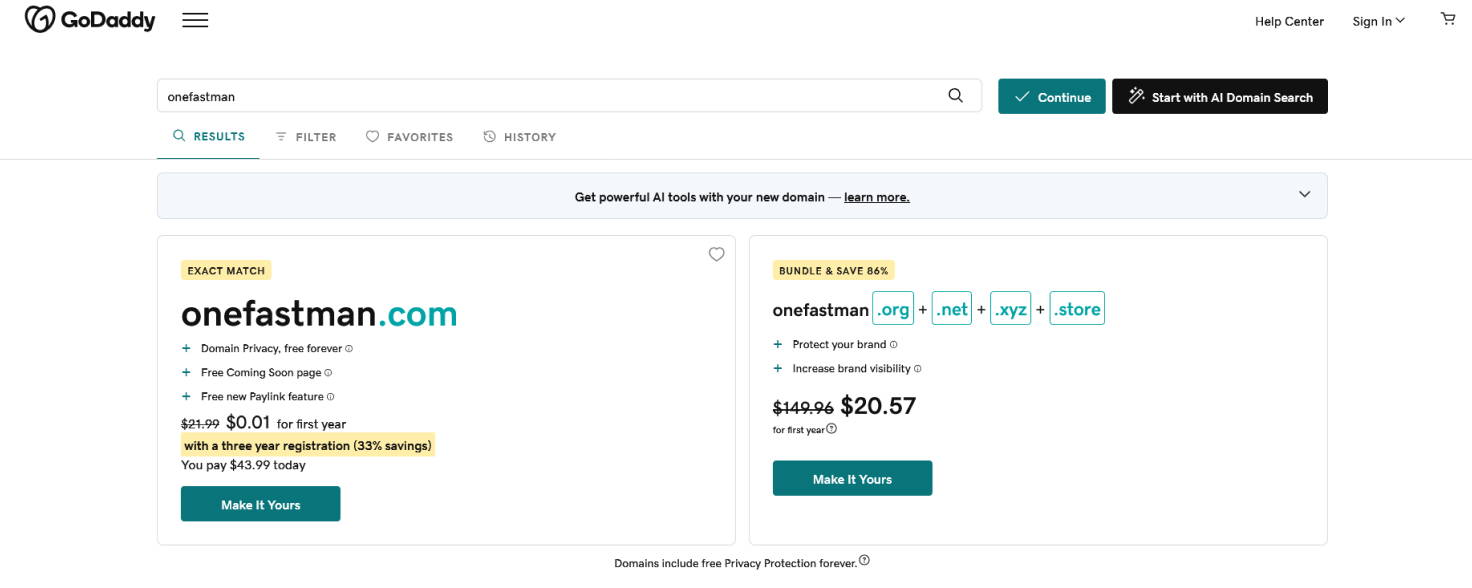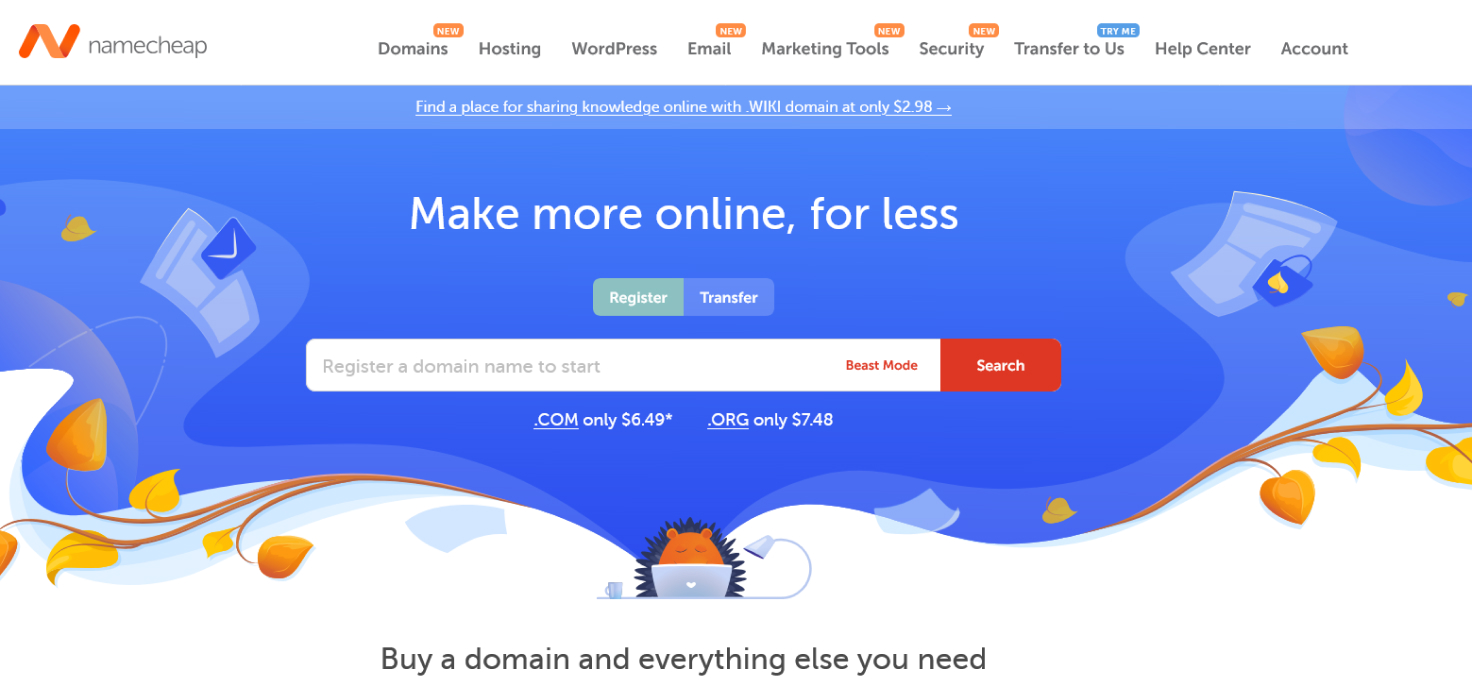Top Domain Buy Services for 2025 – Expert Review
Working with an experienced domain name buyer can be one of the quickest and least stressful ways to secure the domain you need for your business. In this article, we’ll weigh up some of your best options. Before diving into our list, it’s essential to understand what domain buy services are. Domain name acquisition specialists (AKA domain buy services) are people (brokers) who act on your behalf to secure a domain name you wish to purchase. As well as being expert domain name negotiators, they are usually highly skilled at tracking down names that do not appear to be for sale. They have the expertise and experience to negotiate with domain owners – and can provide clear guidance on pricing, ensuring you don’t pay over the odds when purchasing a domain name. Our list contains many of the best-known domain buy services in the marketplace today and highlights some of their key points. The Role of a Domain Buyer Domain name buying services play a crucial role in bridging the gap between buyers and sellers. They are experts in the domain marketplace and usually bring long-established relationships and networks to the table. These networks can prove invaluable, especially when dealing with highly sought-after domains (also known as premium domain names). Moreover, buy-side brokers can often access exclusive listings that are not publicly available, giving you an edge when acquiring premium domains. The Negotiation Advantage One of the main advantages of using a domain broker is the negotiation skills they bring to the table. Domain buying experts are well worth having on your side if they are seasoned professionals or industry veterans who understand the nuances of domain value and market trends. They can communicate with domain owners to negotiate a fair price, often securing a deal that would be challenging – if not impossible – for someone without this expertise. This negotiation process shouldn’t be overlooked, especially when dealing with domains that have sentimental value or are held for speculative purposes. After all, domain names don’t have a ‘true’ value that is fixed: the prices they achieve reflect what somebody is prepared to pay at any given point in time. Streamlined Acquisition Process The domain acquisition process can be complex. It usually involves legal checks, valuation assessments, and secure payment transactions. Domain name buy services simplify this process by handling everything on your behalf. They ensure that all legal and financial aspects are managed correctly, which reduces the risk of potential pitfalls. Note: this process is often much more complex and drawn out than people sometimes realize. However, with skill and experience, seasoned domain buy service professionals will make each purchase as streamlined as possible.












